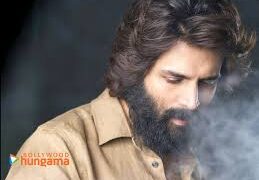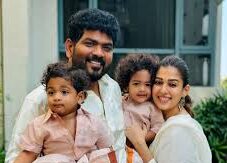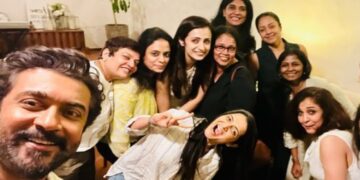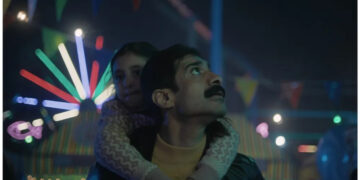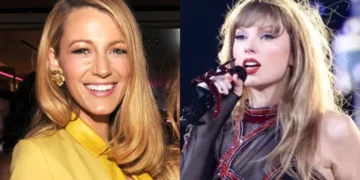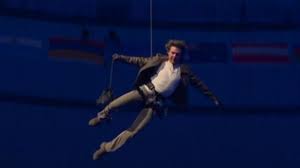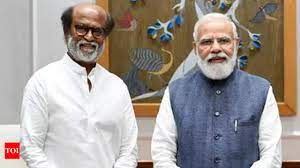Huma Qureshi, known for her diverse roles ranging from glamorous to girl-next-door characters, recently opened up about the expectations placed on actresses to maintain a certain appearance. In a conversation about her role as Rani Bharti in the series ‘Maharani’, Huma highlighted the challenges actresses face when portraying deglamourized roles.
For her portrayal of Rani Bharti, Huma underwent a significant transformation, ditching makeup and donning polyester saris and rubber chappals. Speaking on the pressure to always look glamorous, she stated, “There is often a notion that when you’re playing a deglam character – you’re aging yourself, you’re deglamourising yourself. It’s almost seen as problematic.”
She further pointed out the double standards in the industry, saying, “So many male actors play deglamourised parts, but they are never asked, ‘arey aap toh deglam ho gaye.’ As women, we are always seen from a particular lens.”
Huma also commented on the industry’s message to young actresses about glamour, stating, “I also feel ladkiyon ko ye sikhaya jata hai ki aapko glam role play karna chahiye toh aapki fan following badhegi. But I think actually, aap jitna relatable hote hain utna aapki fan following badhti hai.”
In discussing her role as Mohsina in ‘Gangs of Wasseypur’, Huma credited her ability to nail the Bihari accent to her upbringing in Delhi. She said, “Dilli mein itna melting pot hai pure desh ka toh aap bachpan se itni north ki awaazein sunte hue bade hote hain.”
Speaking about her character Rani Bharti in ‘Maharani’, Huma described her as the “penultimate common woman”, representing the strength and bravery of Indian women. She said, “She has that quiet strength that doesn’t demand attention, but she just is. And she is able to navigate all spaces in the public sphere when she has been thrust into it almost against her will. In that sense, we all have that fantasy, ‘humko ek din raaj karne ka mauka mile toh? Ek din CM ban jaye ya PM ban jaye toh kya hoga?’ In that sense, she fulfills common person’s fantasy in that sense. I think which is why people see a lot of themselves in Rani Bharti.”











